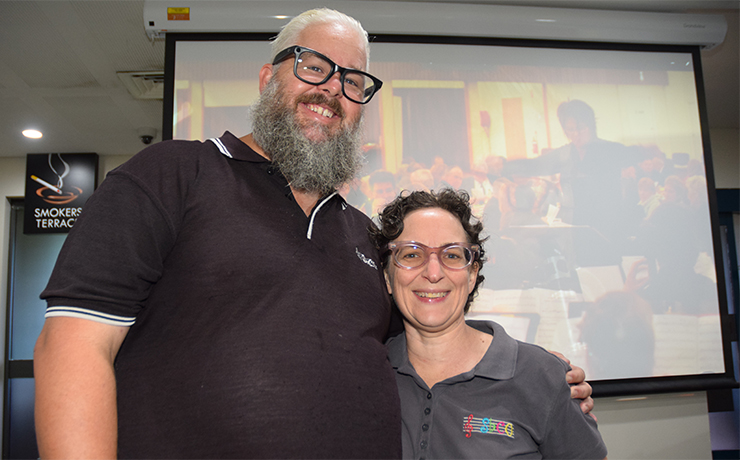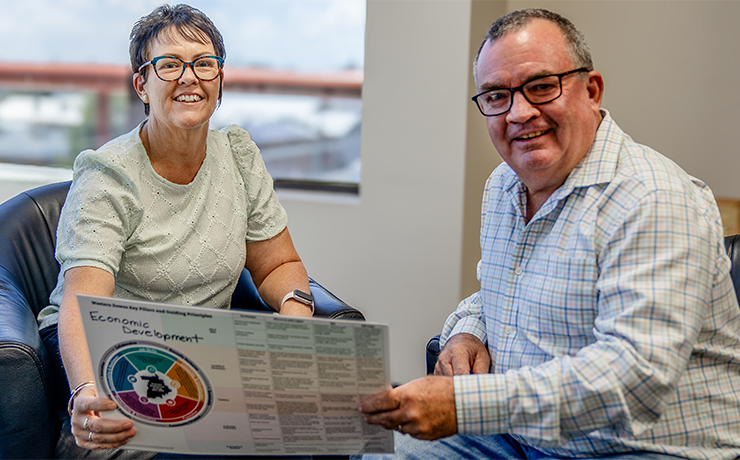
June 10, 2013
by Marcus Priaulx
Wondai State School has raised student attendance levels ever since entering its front gates became a public competition.
Each week children want to see themselves recognised in the school’s newsletter as having been in class every day.
They pressure mums and dads to take them, even when they’re ill, and teachers make their lessons as fun and interactive as possible to lure them onto their seats.
Principal Ruth Miller is phoned or fetched to join the mini celebrations held in all the classes that are full on any day.
Larger events are organised for any class that has 25 days of full attendance in a term.
Students who have 100 per cent attendance within the same timeframe are taken to a mystery restaurant for lunch with Mrs Miller.
“When I arrived at the school we could fit all those children in one car,” she said.
Now it needs a bus with 34 of its students qualifying last semester.
In just over five years the Wondai’s school attendance rate has risen to 92.5 per cent.
This is no mean feat for a National Partnerships school with a low socio-economic student population.
But Mrs Miller said there was now a sense within children they had to get to school to give their class a chance of winning the attendance competition.
She said teachers did their best to self-analyse their performance in order to improve their lessons so they could claim victory.
“We make a big deal about any class or person who gets to 95 per cent attendance; that’s only two-and-a-half days missed in a 10-week term,” Mrs Miller said.
One hundred per cent is always the ultimate goal though.
“Attendance is our school’s number one priority,” Mrs Miller said.
“There’s a lot of laughs amongst teachers within the competition because it’s a friendly rivalry and we all have a common purpose. They understand it’s vital for children’s working memory to be extended and they need to be there learning every day.”
Four out of five days is not enough.
“Years ago, we used to think 80 per cent attendance was pretty good,” Mrs Miller said.
“Now we strive to have all our children in class every day because it’s vital to their future learning and success as an adult.
“To have the best chance of reaching their dreams, children need to be in class every day.”


























